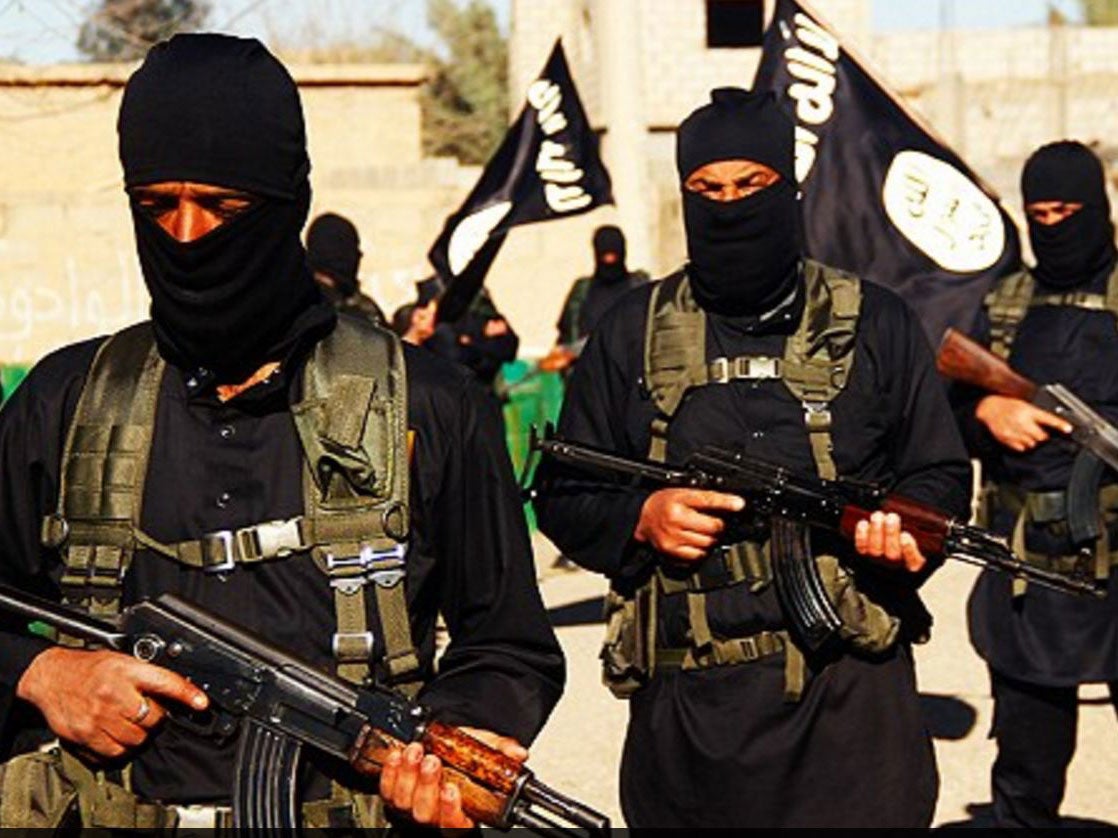Be warned 'Jihadi Jack', white Brits in Syria are valuable to Isis whatever side they're on
His parents hope Letts ‘integration with Syrian people' will keep him safe. Isis’s treatment of Alan Henning and David Haines, suggests otherwise

Is ‘Jihadi Jack’ fighting for ISIS on the frontlines in Iraq or carrying out humanitarian work in Syria? Despite claim and counter-claim being light on detail at this stage, Jack Letts is already on trial in the court of public opinion.
His story so far has similarities with that of Australian teenager Oliver Bridgeman. Initial reports in May 2015 – also based on social media activity and comments from school friends - identified Bridgeman as a radicalised, ‘blonde jihadi’, fighting with the al-Nusra Front in Syria.
By August however, footage had emerged of Bridgeman distributing aid for the ‘Live Updates from Syria’ organisation. Bridgeman has subsequently played an active and visible role in their online campaign, removing many of the doubts surrounding his presence in Syria.
Yet some of the details provided by Letts and his parents point to potentially concerning differences between the two, particularly Letts’ time in Isis-controlled areas and the de-facto capital Raqqa.
Sally Letts is right to point out that large numbers of those in Isis-controlled areas are not Isis supporters. They are suffering under an occupying (and increasingly foreign) army. As Isis feel the squeeze from airstrikes and military setbacks, the need for medical support and humanitarian relief for civilians in Raqqa and elsewhere will only increase.
But if Letts is not working for or with Isis, it seems unlikely that they would allow him to operate freely in areas under their control. Or access the internet on a regular basis. His parents hope that Letts "integration into day-to-day life with Syrian people” will keep him safe. But Isis’s execution of other western aid workers including Alan Henning and David Haines, suggests this is an insufficient protection.
Equally however, if Letts has been ‘fighting with Isis since September 2014’, it is surprising that he is yet to feature in Isis propaganda material that is increasingly focused on the UK. While their media capabilities are often overplayed, Isis recognise the impact and media coverage that white, western converts generate.
As with the recent Isis video featuring Jihadi John’s British successor, using Letts would demonstrate that ISIS is able to attract and recruit British citizens. This is designed to be unsettling, highlighting the threat from the ‘enemy within’.
And the message would be so much more potent coming from a white convert with a solid middle-class background. Conversely, this greater sense of shared identity and the fear it invokes may increase the chances of Letts being given the benefit of the doubt.
But regardless of Letts’ true feelings towards Isis and their hateful ideology, if what he says is true, Letts is likely to be of interest to the group. And media coverage over the past few days will only have increased that interest. White Westerners are valuable to Isis as either their victims or their mouthpiece. If Letts really is doing humanitarian work in Isis-controlled parts of Syria, we should probably expect clarification of his current status sooner rather than later.




Join our commenting forum
Join thought-provoking conversations, follow other Independent readers and see their replies